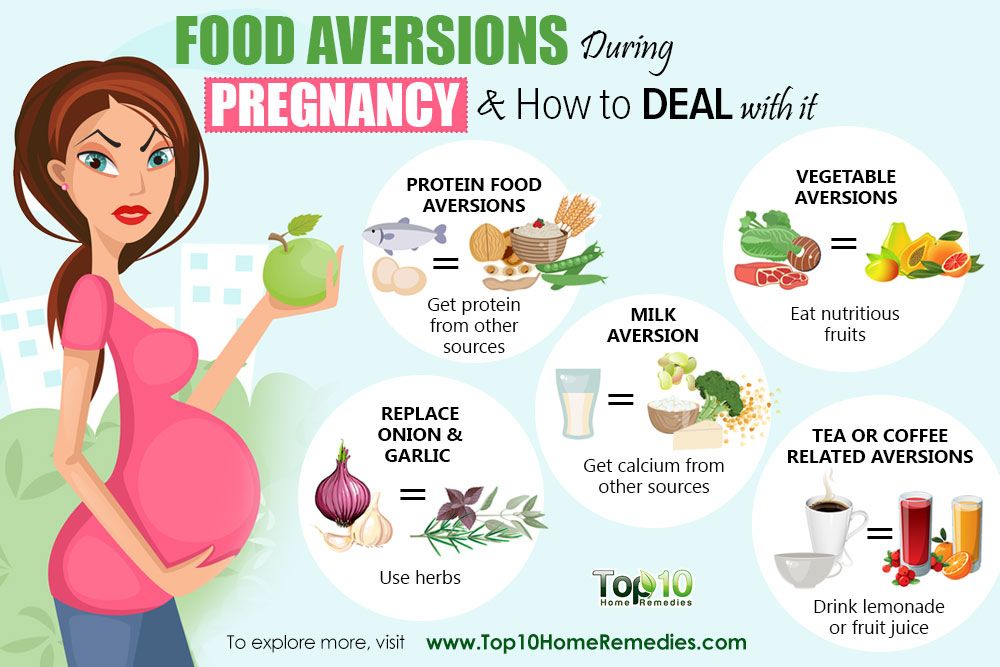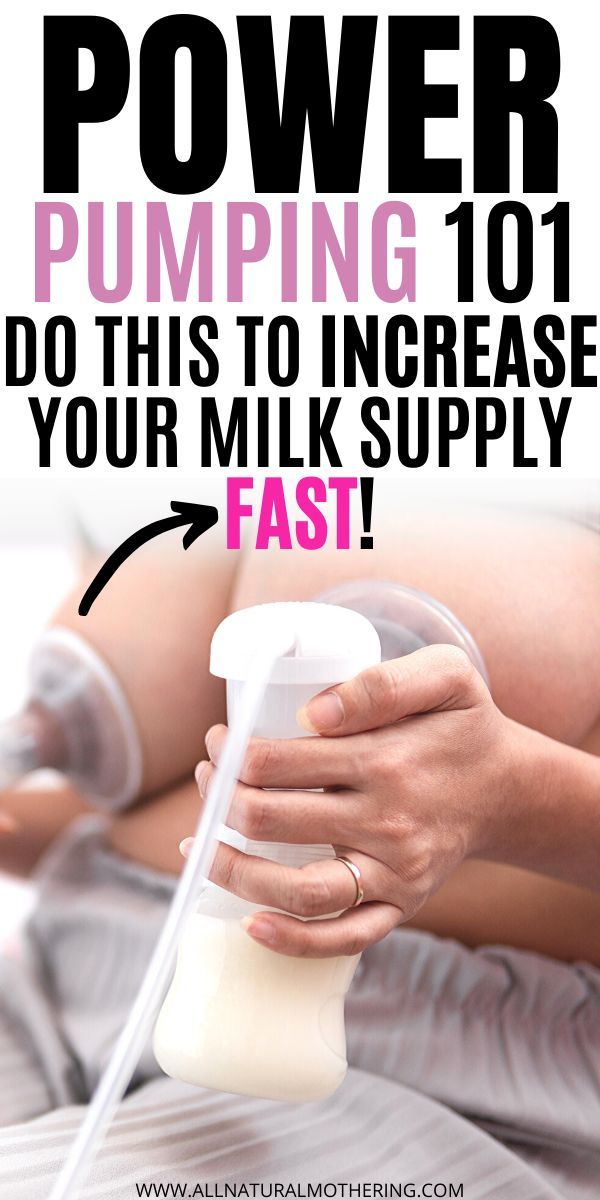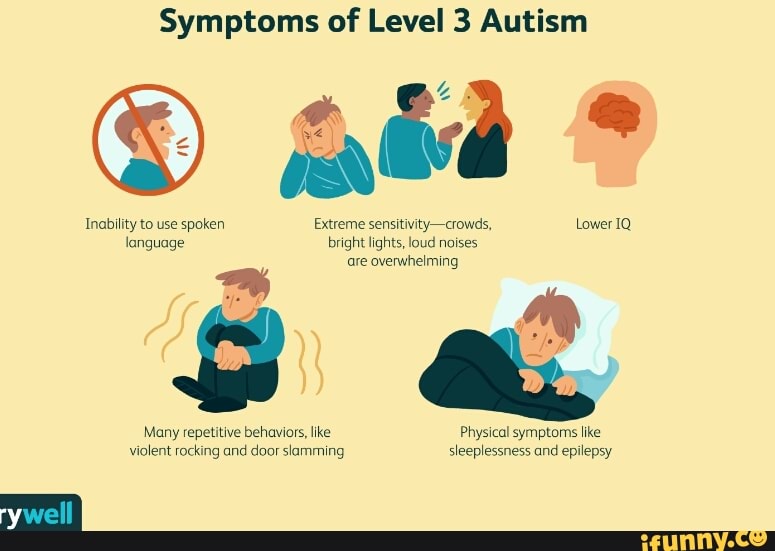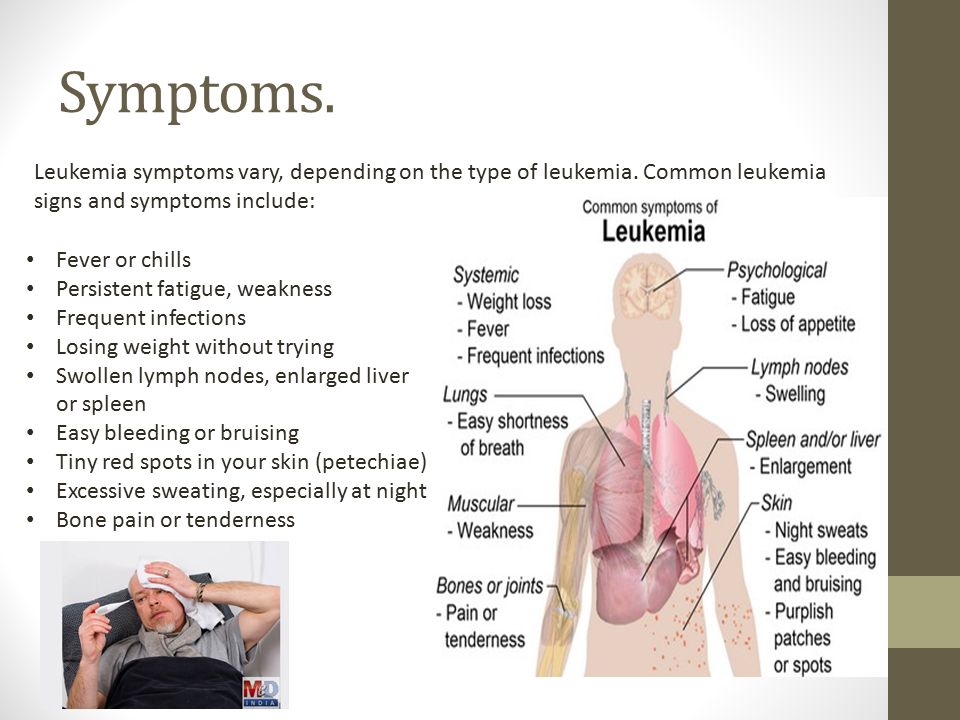When do you start craving during pregnancy
Top 10 FAQs | Pregnancy
Being pregnant raises lots of questions – especially for first time mums. You may be wondering what the early signs of pregnancy are, which vitamins you need to take, or if you'll have any cravings. These questions are perfectly normal – especially when your body is going through so many changes. Hopefully, our top 10 pregnancy FAQs below will answer some of your questions!
1. Am I pregnant?
The earliest and most reliable sign of pregnancy is a missed period. If you have a regular monthly cycle, normally you get your period about 4 weeks from the start of your last period.
Take a home pregnancy test
To find out if you're pregnant, you can do a pregnancy test from the first day you miss your period. Home pregnancy tests are very reliable, but see your GP to be sure and also to start your antenatal care.
Early signs and symptoms
Many women still feel fine at 4 weeks, but others may notice sore breasts, fatigue, frequent urination, and nausea (feeling sick).
Sometimes pregnant women have some very light bleeding, called "spotting", at the time when their period would be due. This is also known as implantation bleeding, which is when the foetus plants itself into the wall of your womb. Spotting is completely normal and does not need any medical treatment.
You may be sick or feel sick – this is commonly known as morning sickness, but it can happen at any time of day. If you feel nauseous and can't keep anything down, contact your GP. You may also notice changes in your breasts. They may become larger and feel tender, like they might do before your period. The veins may show up more and the nipples may darken and stand out.
Every woman is different and not all women will notice all these symptoms. If you're eagerly looking out for any hints that you might be pregnant, other early signs of pregnancy include:
- needing to pee more often – you may find you have to get up in the night
- being constipated
- increased vaginal discharge without any soreness or irritation
- feeling tired
- having a strange taste in your mouth – many women describe it as metallic
- "going off" some things, such as tea, coffee, tobacco smoke or fatty food
2.
 When do pregnancy cravings start?
When do pregnancy cravings start?There isn't a specific time when pregnancy food cravings start. It's different for every woman – and you may not necessarily have any cravings.
If you do start having cravings, it'll probably be in your first trimester (it could be as early as 5 weeks into pregnancy). They'll get stronger in your second trimester, and then eventually stop in your third trimester.
Cravings come in all shapes and sizes. Some women crave fatty foods like chips. Others get pregnancy cravings for things they didn't like before they got pregnant, or strange combinations of food such as mars bars with bacon.
Try to eat as healthily as possible – keep those unhealthy temptations to a minimum!
If you find yourself craving things that aren't food, like toothpaste, coal or even soil, speak to your midwife or doctor, as this may be a sign of a vitamin deficiency.
3. How much weight should I gain in pregnancy?
Weight gain in pregnancy varies from person to person.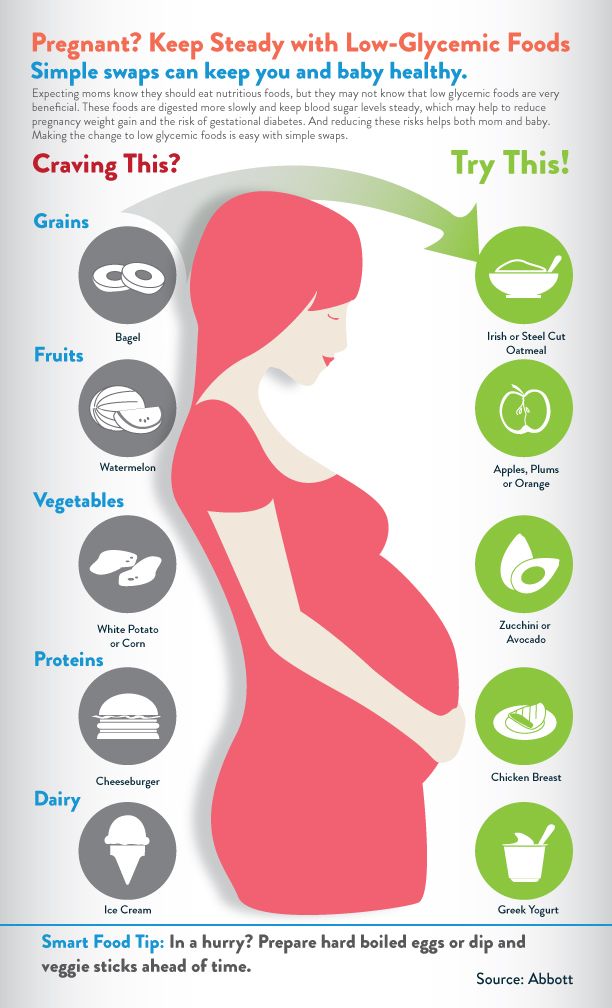 It also depends on your weight before you become pregnant.
It also depends on your weight before you become pregnant.
Most pregnant women gain between 10kg and 12.5kg (22lb to 26lb), putting on most of the weight after week 20. Much of the extra weight is due to your baby growing, but your body will also be storing fat, ready to make breast milk after your baby is born.
Putting on too much or too little weight while you're pregnant can lead to health problems for you or your unborn baby. But don't worry, it's easy to make healthy food choices. Find out what to eat when pregnant and what foods to avoid.
4. What prenatal vitamins should I take?
You'll get most of the vitamins and minerals you need by eating a healthy, varied diet. But when you're pregnant (and while you are trying to get pregnant) you also need to take a folic acid supplement.
To keep bones and muscles healthy, we need vitamin D. From late March/early April to the end of September, most people make enough vitamin D from sunlight on their skin. However, between October and early March we should consider taking a daily vitamin D supplement because we cannot make it from sunlight.
However, between October and early March we should consider taking a daily vitamin D supplement because we cannot make it from sunlight.
Just 10 micrograms a day is all you need – it's the same for kids and grown-ups. Some people should take a vitamin D supplement all year round, find out if this applies to you on the NHS website.
Along with the vitamins you should take, there are also some to watch out for and avoid. You should avoid supplements and multivitamins containing vitamin A (retinol) – as too much of it can harm your baby's development. You should also avoid liver and liver products (including fish liver oil), as they are high in vitamin A.
Find out more about vitamins and supplements in pregnancy.
5. How do I stay fit in pregnancy?
Keeping active and doing exercise while you're pregnant is great for you and your baby. You can keep up your normal level of daily activity and exercise regime, as long as it still feels comfortable.
Tips for exercising
- You should be able to hold a conversation while you exercise.
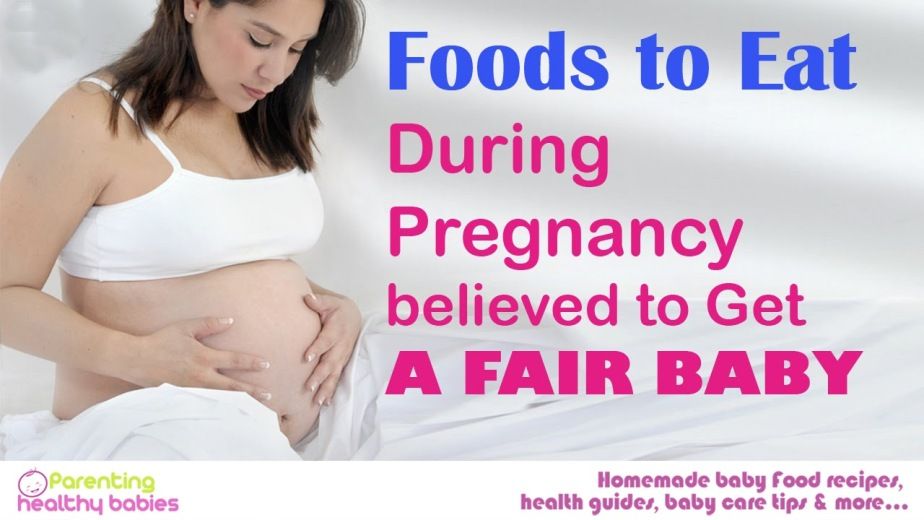
- Always warm up and cool down to keep you from pulling any muscles.
- Stay hydrated - drink lots of water.
- You can find online workouts that are safe during pregnancy, check out Sport England's #StayInWorkOut exercises (scroll to the pregnancy section).
- Other good activities to try while pregnant include walking, yoga, pilates, aerobics and pelvic floor exercises.
- Some exercises, like running and weight training, will need to be modified as your belly grows.
- The best combination of exercise is aerobic and muscle-strengthening, as this helps you breathe properly and allows to deal with the increased weight you'll be carrying around.
- If you're not already active, try building it into your daily life by taking the stairs, doing housework or gardening.
For a few pregnancy exercises, read about exercises for a fitter pregnancy.
What to avoid
- Try not to lie on your back for long periods, as your bump will press on a big blood vessel that brings blood back to your heart, which can make you feel faint.
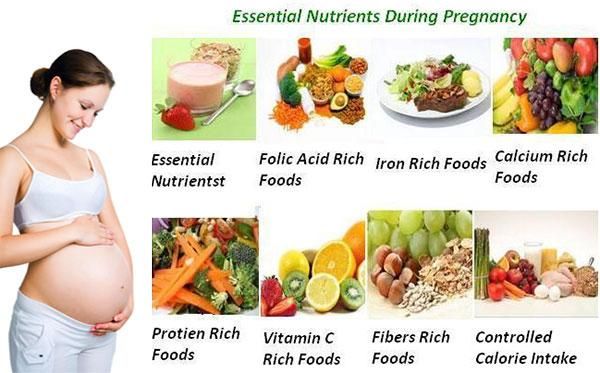
- Avoid anything that risks you falling, for example: horse riding, skiing and gymnastics.
- Contact sports are not a good idea either – things like squash, tennis, martial arts, football and rugby. where there's a risk of your bump being hit.
6. How should I sleep in pregnancy?
Depending on how you normally like to snooze, you might have to rethink your favourite position while you're pregnant.
If you sleep on your back, it's safe to continue during the first trimester, but as your bump gets bigger and heavier you'll need to sleep on your side, so it's best to get into the habit as soon as you can.
By the third trimester (after 28 weeks of pregnancy), sleeping on your side is the safest position for your baby as it helps prevent the risk of stillbirth. Don't worry, if your pregnancy is uncomplicated your risk of stillbirth is low (1 in 200 babies are stillborn) and going to sleep on your side will make it even lower.
It's ok if you end up in all sorts of positions when you are asleep. The important thing to remember is to fall asleep on your side, as this means you are sleeping safely for your baby. If you wake up on your back, don't be alarmed, just turn onto your side and go back to sleep.
The important thing to remember is to fall asleep on your side, as this means you are sleeping safely for your baby. If you wake up on your back, don't be alarmed, just turn onto your side and go back to sleep.
Try sleeping on one side with your knees bent, it'll help reduce the amount of pressure on your uterus and help you breathe better. Plus, this position can help relieve backache. You can use pillows under your belly, between your legs, and behind your back if you like.
You should go to sleep on your side whenever you have a snooze, including:
- going to sleep at night
- getting back to sleep, after waking up at night
- daytime naps
7. What happens in an antenatal class?
Antenatal classes are available to give you and your partner lots of helpful information on labour, birth and early parenthood.
They're usually informal, fun and sociable, which makes them a great place to meet other parents-to-be. The friends you make at antenatal classes can become a great support network.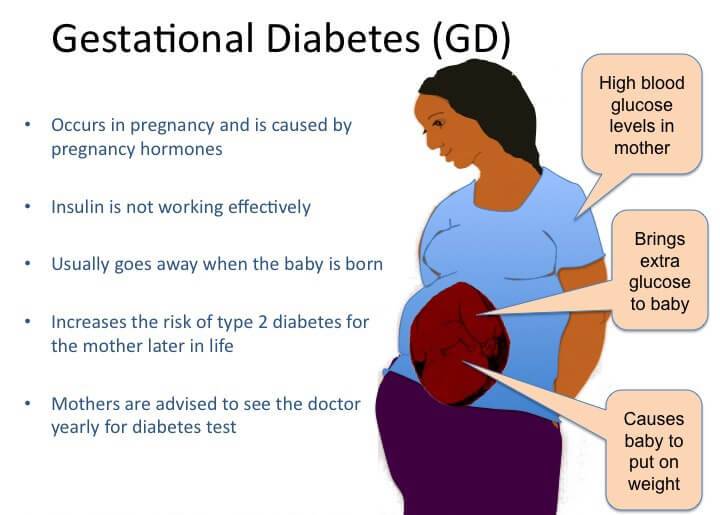 You can now find many antenatal courses and workshops online.
You can now find many antenatal courses and workshops online.
Antenatal classes usually start 8 to 10 weeks before your baby is born, and happen once a week for about 2 hours.
You can choose classes that are just for pregnant women, or classes that welcome a partner or a friend. There are sometimes classes especially designed for single mothers or teenagers.
Antenatal classes may include info on:
- diet: how to stay healthy and have a good diet while you're pregnant
- exercise: what types of exercise are good for keeping fit in pregnancy
- labour: what to expect
- relaxation: how to relax while you're pregnant and after you've had your baby
- delivery methods: different birth methods and interventions
- after the birth: how to look after your newborn, and how you can stay healthy
- emotional wellbeing: how you might feel during and after your pregnancy
Find an antenatal class near you through the NCT or Our Place online courses.
8. What are the different types of breast pump?
There are 2 different types of breast pump: electric and manual. They're both designed to mimic the sucking action your baby makes when they're breastfeeding.
Manual breast pumps
When you use a manual pump, you squeeze the plunger by hand. This type of pump takes a bit longer to use than an electric pump but is:
- cheaper than an electric pump
- simple to use
- lightweight
- quiet
Electric breast pumps
An electric pump does the hard work for you. This type of pump is quicker than using a manual pump, but can be noisy and more expensive.
Mums often say that a manual breast pump is better if you're only expressing occasionally, while an electric pump is more efficient if you need to express milk quickly and often, for example if you've gone back to work.
9. How do I prepare for breastfeeding?
It's a good idea to read as much as you can about breastfeeding before the birth. This will help you feel more confident and prepared. There is lots of useful information and practical tips in our feeding your baby section. Read about breastfeeding positions, how to express your breast milk, and practical tips on dealing with common breastfeeding issues. If you have any breastfeeding questions, you can always ask the Breastfeeding Friend voice assistant from Start for Life, available on Amazon Alexa, Facebook Messenger and Google Home, 24/7.
This will help you feel more confident and prepared. There is lots of useful information and practical tips in our feeding your baby section. Read about breastfeeding positions, how to express your breast milk, and practical tips on dealing with common breastfeeding issues. If you have any breastfeeding questions, you can always ask the Breastfeeding Friend voice assistant from Start for Life, available on Amazon Alexa, Facebook Messenger and Google Home, 24/7.
10. Which type of baby bottle should I buy?
If you're giving your baby expressed or formula milk, you'll need to buy some bottles. The choice of baby bottles can be overwhelming as there are quite a few options.
When you start bottle feeding, don't buy loads as your baby may not necessarily like the ones you've chosen. Better to start off with a few and, if your baby approves, you can always buy more.
Examples of bottle types
Standard: widely available, and the least expensive option.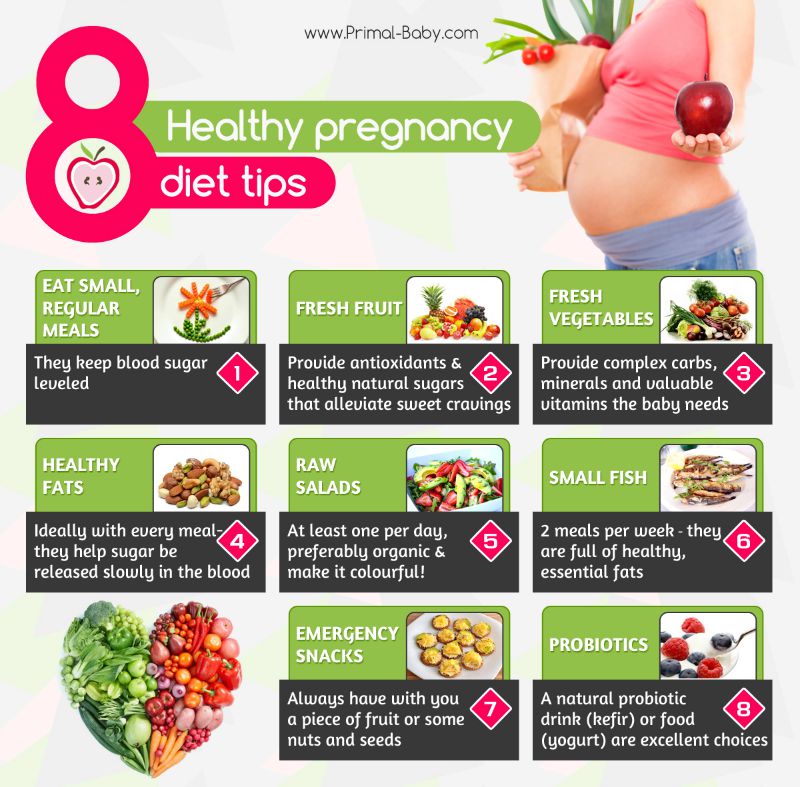
Wide-necked: easier to clean, but take up more space.
Anti-colic: reduce the amount of air your baby takes in while they're drinking.
Shaped: some bottles come with holes in the middle or special handles to make them easier for your baby to hold.
Heat-sensitive: change colour if the milk is too hot.
Self-sterilising: you just need a microwave to sterilise these bottles.
Disposable: sterilised bags that fit inside bottles and are thrown away after feeds.
Glass: more environmentally friendly than plastic bottles, but more breakable.
Teats
You can choose between silicone and latex teats for most of these bottle types. Silicone is more durable, while latex is softer and more flexible, but needs to be replaced more often.
The teats come in a bell shape, or a bulbous shape that's designed to feel more like a nipple. You might want to try both shapes when your baby first starts bottle feeding to see which one they prefer.
The teats often come with different flow rates.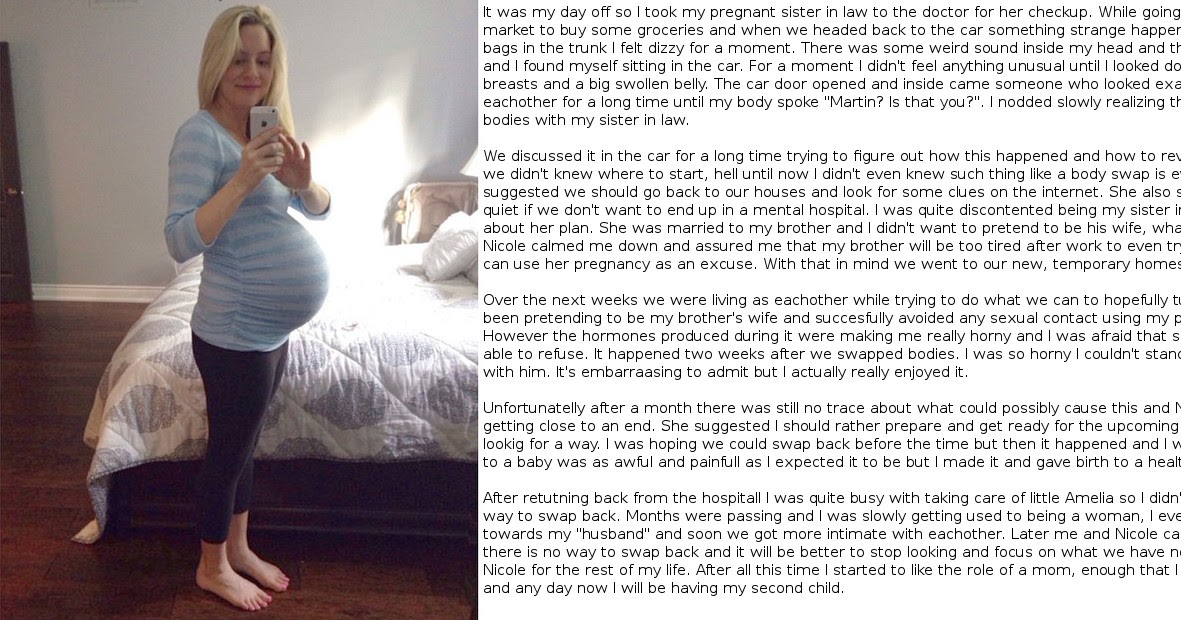 To find out which flow rate is best for your baby takes a bit of trial and error. If they're spluttering or choking with their current bottle, they need a slower flow. But if they're sucking quite hard and seem to be getting frustrated while they're feeding, you might want to try a faster flow.
To find out which flow rate is best for your baby takes a bit of trial and error. If they're spluttering or choking with their current bottle, they need a slower flow. But if they're sucking quite hard and seem to be getting frustrated while they're feeding, you might want to try a faster flow.
You can also get variflow teats – some of these can be manually adjusted, while others automatically increase in flow as your baby's sucking gets stronger.
11. What is a birth plan?
A birth plan is a way of letting your midwife, nurses and doctors know what you want to happen during your labour. It's a chance to plan things like where you want to give birth, who's going to be with you during the birth, and what facilities you'd like to use.
If you're concerned about how coronavirus might affect your birth plan, visit the Royal College of Obstetricians and Gynaecologists for the most up-to-date advice.
It's important to remember that giving birth doesn't always go perfectly to plan, and things may have to change at the last minute (but your midwife will be there to help you make the best and safest decision for you and your baby).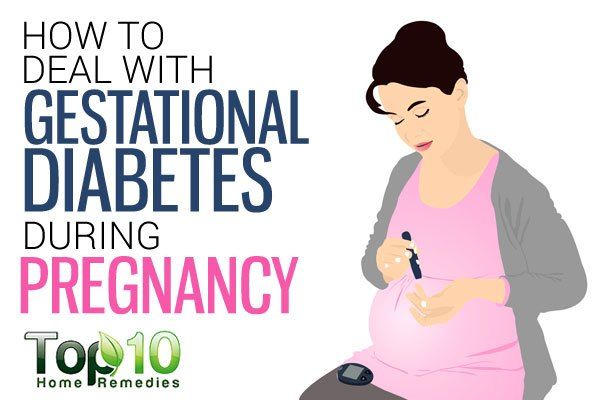
Things to think about
- Where do you want to give birth? This could be at home, in a midwifery unit or in hospital.
- Do you want someone with you during the birth, such as your partner or a family member?
- If you need a forceps or vacuum delivery, would you want someone with you?
- If a caesarean is necessary, do you want someone with you?
- What birthing equipment do you want to use? This could include mats or beanbags.
- Do you want to use any special facilities, such as a birthing pool?
- Do you want to keep active during labour?
- What position would you prefer to be in while you're in labour?
- Do you want immediate skin-to-skin contact with your baby, before the cord is cut?
- Are you happy for midwives, nurses and doctors in training to be present during your labour?
- What are your pain relief preferences?
- How do you want to feed your baby?
- Can your baby be given vitamin K if they need it?
You can download an NHS birth plan template. While you're writing your birth plan, talk to your midwife about your choices so they understand and can advise you.
While you're writing your birth plan, talk to your midwife about your choices so they understand and can advise you.
12. Should I have the flu vaccine?
The flu jab is the safest way to help protect pregnant women and their babies against flu, regardless of their stage in pregnancy, or how fit and healthy they feel.
Pregnancy naturally weakens the immune system, which means it's harder to fight off infections. As a result, flu can cause serious complications.
One of the most common flu complications is bronchitis - a chest infection that can become serious and develop into pneumonia. Read more about the flu jab in pregnancy on the NHS website.
9 common pregnancy cravings: When do they start?
Have you discovered a sudden desire for pickles and a pint of ice cream during your pregnancy, even though these foods have never been your go-tos before? If so, you are not alone. Welcome to the weird and wonderful world of pregnancy cravings!
But what exactly is a food craving? If you’re experiencing a strong urge to eat a specific type of food and finding it very hard to resist that desire, you’re probably experiencing a craving.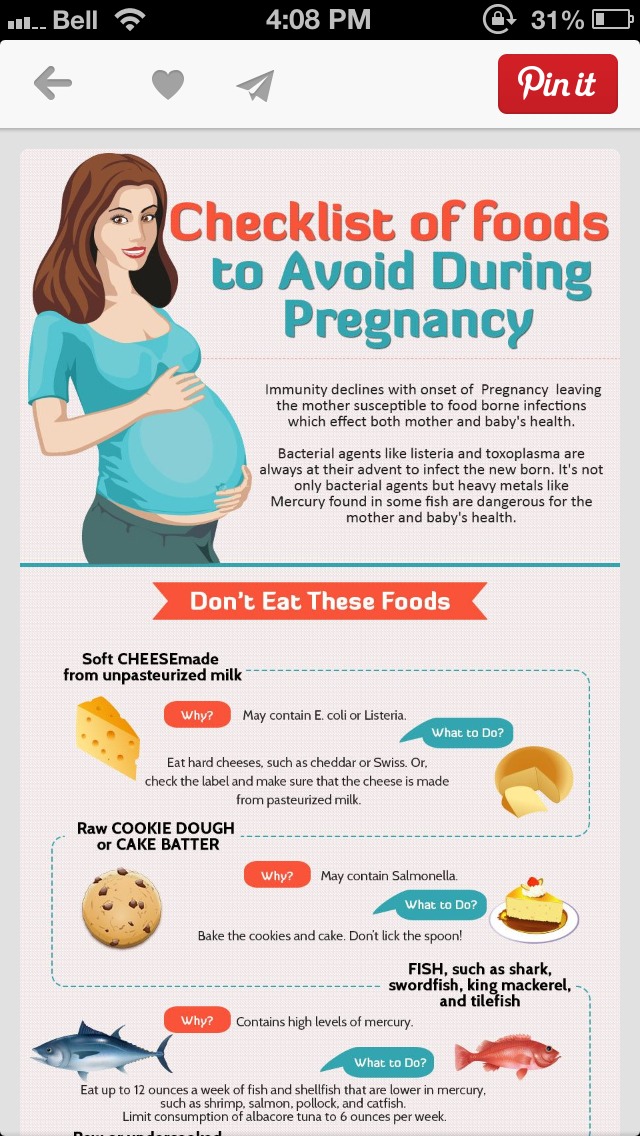 But we don’t just get cravings during pregnancy. In fact, studies show that 68% to 97% of college-aged men and women reported experiencing food cravings.
But we don’t just get cravings during pregnancy. In fact, studies show that 68% to 97% of college-aged men and women reported experiencing food cravings.
So why do we experience cravings during pregnancy, and what are some of the most common pregnancy food cravings? Here, we break down the research and speak to registered dietician Marcela Fiuza to uncover everything you need to know about pregnancy cravings, including a pregnancy cravings list of the most commonly craved foods.
When do pregnancy cravings start?
If you’ve just found out you’re pregnant, or you’re expecting but haven’t experienced any specific hankerings yet, you might be wondering if pregnancy cravings are likely to kick in.
“Cravings can occur at any point during pregnancy,” explains Fiuza. “Typically, they tend to start at the end of the first trimester and intensify during the second trimester.” For some women, pregnancy food cravings could start as early as five weeks into pregnancy.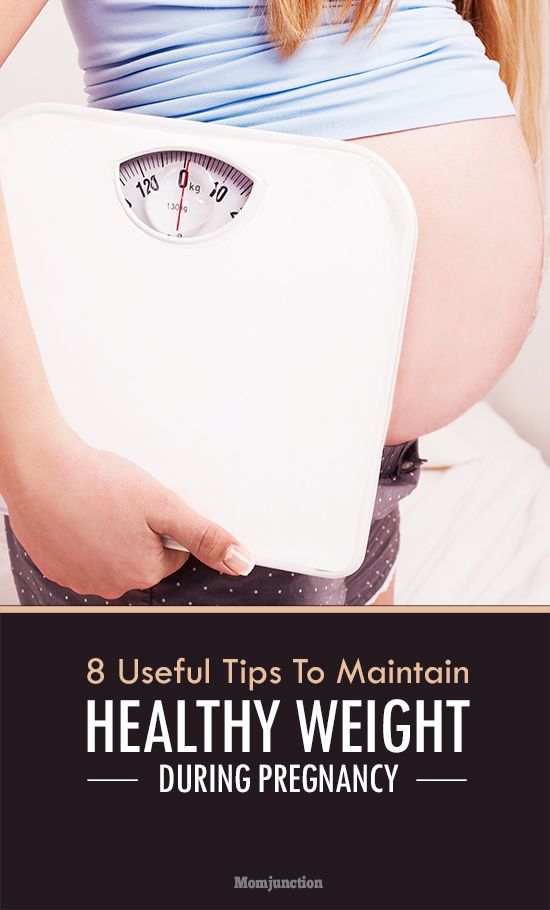
How long do pregnancy cravings last?
You might also be wondering when you can expect your pregnancy cravings to subside. Research suggests that they will become less intense during your third trimester, and Fiuza adds that “they tend to disappear after the birth of the baby.”
How common are pregnancy cravings?
If you’re experiencing pregnancy food cravings, then you’re now part of a very large club, as pregnancy cravings are extremely common. In fact, Fiuza says that anywhere between 50% to 90% of pregnant people in the United States will experience them.
What causes pregnancy cravings?
Good question! Unfortunately, researchers haven’t determined an answer for this just yet. “There is not much research into the causes of food cravings during pregnancy, so we don’t fully understand why they happen,” explains Fiuza.
There are a number of theories about what causes pregnancy cravings, but Fiuza adds that these are “unproved,” so we can’t take them as fact just yet. One theory is that the hormonal changes that take place during pregnancy could have an impact on our sense of smell and taste, which “could be linked with food preferences and cravings,” says Fiuza.
One theory is that the hormonal changes that take place during pregnancy could have an impact on our sense of smell and taste, which “could be linked with food preferences and cravings,” says Fiuza.
“Another theory is that increased nutrient requirement or nutritional deficiencies could lead to craving of certain foods,” she adds. “However, research is lacking, and available findings do not support these hypotheses.”
While cravings during pregnancy are totally normal, Fiuza reminds us that they “should not be the sole indicator of nutritional needs in pregnancy.”
The 9 most common pregnancy cravings
As you reach for the jar of pickles for the third time in a day, you might be wondering which foods are most common for pregnancy cravings. There is limited research available to help pinpoint these, although one study that analyzed blog posts about pregnancy cravings found that sweets, carbohydrates (including chips and pizza), animal proteins, and fruits were often reported as cravings. Other studies suggest that pregnancy cravings for savory foods are strongest in the first trimester, while cravings for sweet foods are strongest in the second trimester, and cravings for salty foods are strongest in later pregnancy.
Other studies suggest that pregnancy cravings for savory foods are strongest in the first trimester, while cravings for sweet foods are strongest in the second trimester, and cravings for salty foods are strongest in later pregnancy.
Fiuza has used the data available, combined with her own clinical experience, to highlight the following nine food groups as some of the most common pregnancy cravings.
Sweet cravings during pregnancy
You don’t need to be pregnant to find yourself craving chocolate. Research has shown that it’s actually the most common food craving in the United States for all individuals, whether they’re expecting or not. But if you’re really craving sweets during your pregnancy, it could be due to pregnancy food cravings, with Fiuza naming chocolate and candy as two of the most commonly craved sweet foods.
While it’s OK to indulge your sweet cravings during pregnancy, it’s recommended that you don’t reach for sweets too often and that you only do so as part of a healthy diet.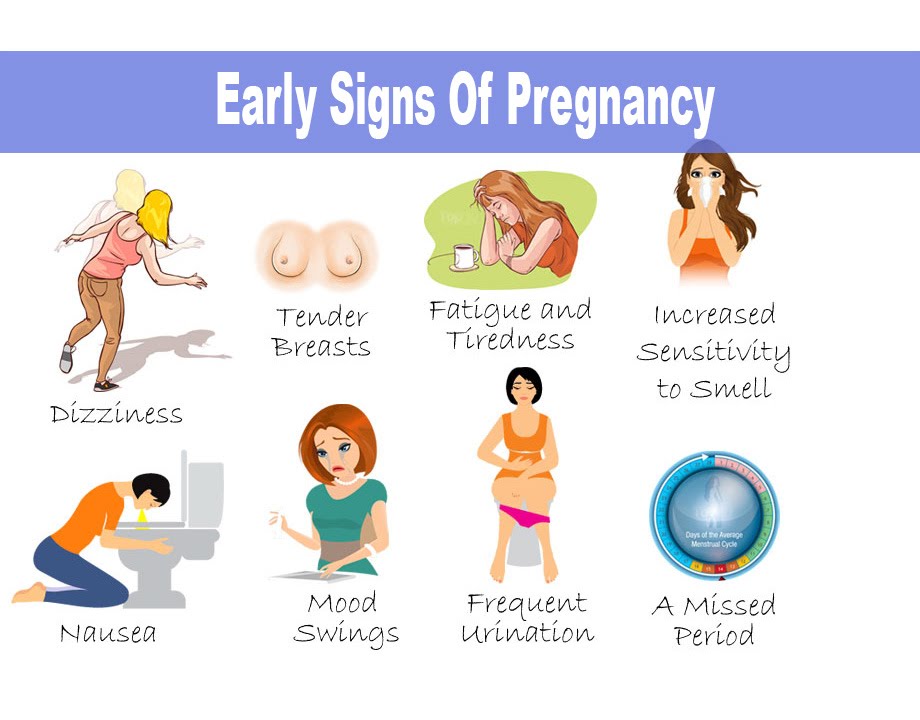 Research has found a link between increased intake of sugary foods and a risk of gestational diabetes, and excessive weight gain during pregnancy can be problematic.
Research has found a link between increased intake of sugary foods and a risk of gestational diabetes, and excessive weight gain during pregnancy can be problematic.
If you’re worried about your cravings for sweet foods, you could try swapping candy and other sweet treats for fruit or substituting a few squares of milk chocolate for dark chocolate instead, as it’s considered a healthier alternative and contains heart-healthy flavonoids.
Fruit cravings during pregnancy
If you have fruit cravings during pregnancy, then that’s great, as this is a delicious and healthy snack to enjoy throughout your pregnancy and beyond. If you’re craving fruit, you could try making a delicious fruit smoothie or grab an orange to satisfy your cravings. Citrus fruits contain vitamin C, and The American College of Obstetricians and Gynecologists’ (ACOG) general guidelines recommend that pregnant people over 19 consume 85 mg of vitamin C per day, or 80 mg per day if you’re younger than 19.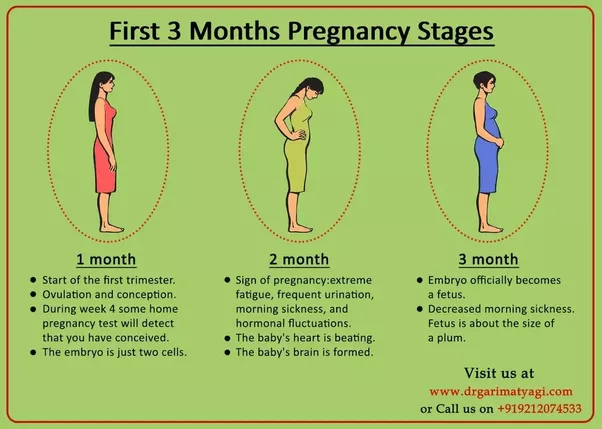
Carbohydrate cravings during pregnancy
Pregnancy cravings for carbohydrates such as bread, cereal, and crackers are also common. If you find yourself craving these, Fiuza recommends opting for healthier, whole grain varieties that contain more nutrients, like fiber and vitamins, instead of processed varieties that may have added sugar, fats, and salt. As an added bonus, fiber can help to keep you full while also working to fight constipation, which is particularly common in the second trimester.
Fast food cravings during pregnancy
Does a gooey slice of pizza or a plate of salty, crispy chips sound particularly delicious right now? This could be due to pregnancy cravings, with both the aforementioned blog post study and Fiuza naming pizza and chips as two of the most commonly craved junk foods during pregnancy. As with sweets, it’s OK to indulge these cravings occasionally, but try to eat them as part of a healthy, balanced diet. You could also opt for a healthier alternative such as homemade sweet potato fries or go for a slice of pizza loaded with fiber and vitamin-rich vegetables.
Dairy cravings during pregnancy
Dairy cravings during pregnancy, such as a craving for milk, are also common. The good news is that this is generally a healthy craving, too. This is because dairy products such as milk, yogurt, and cheese all contain calcium, a mineral that helps the fetus to develop healthy bones and teeth and helps to keep your own bones and teeth healthy and strong. ACOG’s general guidelines recommend that pregnant women aged 19 and older consume 1,000 mg of calcium per day or 1,300 mg per day for those aged 18 and under.
Just be sure to opt for dairy made with pasteurized milk and avoid any cheeses or foods that have been made with unpasteurized milk. These products may contain Listeria bacteria, which could lead to a potentially harmful infection. For more specific information on dairy products that you can and shouldn’t eat during pregnancy, you can read this article on planning a healthy pregnancy diet.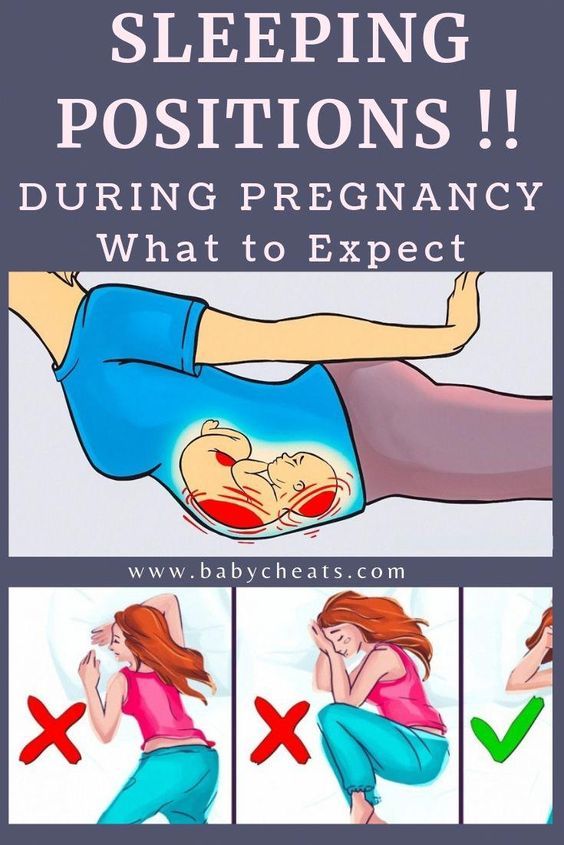
Spicy food cravings during pregnancy
If all you can think about is ordering the spiciest takeout you can find, then yes, you guessed it; you could be experiencing a pregnancy food craving. Spicy cravings in pregnancy are also normal, so if you suddenly find yourself wanting to order a spicy curry when previously your go-to was something milder, then don’t worry. It’s fine to indulge this craving, although you might want to steer clear of spicy foods if you’re experiencing heartburn or stomach issues (which are common during pregnancy), as there is evidence to suggest that they can aggravate these.
Pickle cravings during pregnancy
Pickles are a classic pregnancy food craving, and again, it’s generally OK to indulge it. It is absolutely fine to satisfy your pickle craving, but be mindful of quantities, as too much salt can worsen water retention in pregnancy and increase the risk of gestational hypertension and preeclampsia, which may have negative health effects for your baby.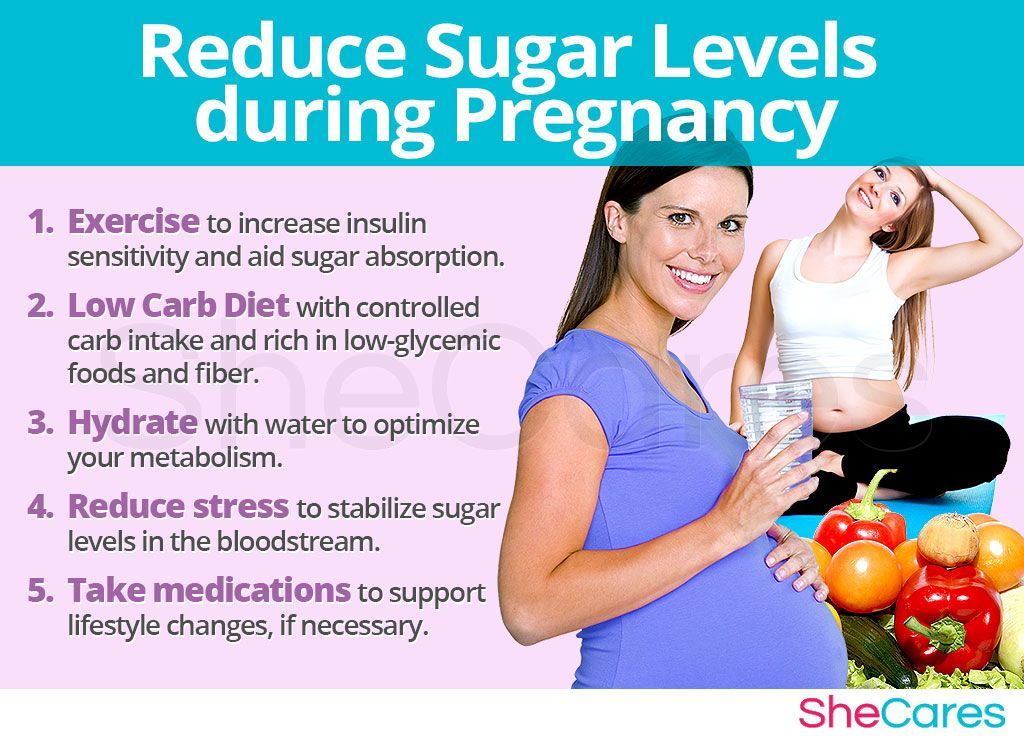
Animal protein cravings during pregnancy
Fiuza says pregnancy cravings for animal protein, such as steak and chicken, are also normal, but they could be a sign that you are experiencing iron deficiency anemia, as these foods are rich in iron. Anemia is common during pregnancy, affecting between 20% and 80% of pregnant women. That’s often because iron needs increase during pregnancy, from 18 mg per day to 27 mg per day. If you suspect you may have anemia, speak with your health care provider about figuring out a solution.
It’s also worth noting that ACOG suggests avoiding all undercooked and raw meat, eggs, seafood, and poultry during pregnancy, as these could contain Salmonella, Campylobacter, and E. coli.
Cold food cravings during pregnancy
Do you have a sudden desire to eat cold and chilled foods? Pregnancy cravings for foods such as ice cream and popsicles are also normal, says Fiuza. As with sweets, it’s fine to indulge this craving, but try to do so as part of a healthy, balanced diet. You could also try an alternative option, such as frozen yogurt or a homemade fruit smoothie.
You could also try an alternative option, such as frozen yogurt or a homemade fruit smoothie.
What happens if you ignore pregnancy cravings?
There is no evidence to suggest that ignoring pregnancy cravings could harm you or your baby, as long as you’re eating a healthy and balanced diet. However, if you’re concerned, it’s best to speak with your health care provider. In some cases, such as with sweets and fast food, it is generally best to indulge your cravings in moderation. When it comes to nutrition during pregnancy, following a healthy diet is key. “As long as you are having a balanced diet most of the time, there is no need to completely avoid the foods that you crave,” says Fiuza.
“More rarely, some pregnant women might crave nonfood items such as soil, ice, clay, toothpaste, etc.,” adds Fiuza. “This is known as pica and needs to be assessed by a health care professional, as consuming these can be harmful to both mom and baby.” It’s worth noting that it may also be associated with a nutrient deficiency.
Is there a link between pregnancy cravings and the sex of the baby?
You might have heard that the type of pregnancy cravings you have could be linked with the sex of your baby. Specifically, the unfounded theory is that if you’re experiencing cravings for salty foods, then you’re having a boy, and if you’re experiencing cravings for sweet foods, then you’re having a girl. However, there is no evidence to suggest that pregnancy food cravings are linked to the sex of your baby. Similar to the pendulum test, it’s a fun (but nonscientific) way of trying to guess the sex of your unborn child.
No pregnancy cravings: Is this normal?
If you’ve experienced no cravings during your pregnancy, then don’t panic; this is also normal, and there’s no need to worry. We know that anywhere between 50% and 90% of pregnant people in the United States will experience food cravings, but that also means that between 10% and 50% of pregnant people will not experience food cravings. Remember that every pregnancy is different, and if you have any concerns, your health care provider should be able to provide you with tailored advice just for you.
Remember that every pregnancy is different, and if you have any concerns, your health care provider should be able to provide you with tailored advice just for you.
Pregnancy cravings: Further advice
“While there is no need to be overly strict with food intake, it is important to try and be mindful of portion sizes and make healthier choices whenever possible,” recommends Fiuza. “Food cravings during pregnancy can alter dietary intake, which can potentially contribute to excess weight gain, particularly if the foods craved are high in sugar or high in fat. We know that gaining too much weight during pregnancy isn’t healthy for both mom and baby.” Your health care provider will be able to advise how much weight you should ideally gain during your pregnancy, as this varies for everyone and is dependent on factors including your prepregnancy weight, body mass index, and how many babies you are carrying.
Fiuza also offers the following advice on sticking to a healthy diet while managing pregnancy food cravings:
- Eat a varied and balanced diet including plenty of fruit and vegetables, whole grains, legumes, nuts and seeds, some lean protein such as turkey, chicken, and fish, and dairy such as pasteurized yogurt.

- Eat regular meals including lean protein and fiber, which can help you feel full and may decrease other cravings. You could also consider having one to two healthy snacks a day to avoid fluctuations in blood sugar, which could trigger cravings. Some ideas for healthy snacks include Greek yogurt with fruit, a handful of nuts, whole grain crackers with cheddar cheese, and raw veggies with hummus.
- Include regular physical activity in your daily routine (unless your health care provider has advised you not to).
- Be mindful of how much and how often you eat foods that are high in sugar or fat and try to make healthy swaps whenever possible. For example, you could have a homemade fruit popsicle or frozen yogurt instead of ice cream if you crave something cold and sweet. Or try a couple of squares of dark chocolate instead of a whole bar of milk chocolate.
- Avoid any foods that can carry a risk for your health or the health of your baby. These include raw and undercooked meat, eggs, and seafood; unpasteurized dairy; alcohol; and excessive amounts of caffeine.

Pregnancy cravings: The takeaway
As we’ve seen, pregnancy food cravings are incredibly common. Equally, there’s no need to worry if you don’t experience any cravings at all, and they’re not associated with excessive gestational weight gain, maternal glycemia, or offspring outcome measurements. For those who do experience pregnancy cravings, they’re likely to kick in in the first trimester, sometimes as early as five weeks. They can then get stronger in the second trimester before slowly coming to an end during the third trimester.
There’s no exact science to tell us the most common cravings during pregnancy, but they are likely to include sweets, carbohydrates, fast food, fruit, dairy, spicy foods, pickles, animal protein, and cold foods. It’s generally fine to indulge these cravings as part of a healthy, balanced diet, but there are also some foods that it’s best to avoid, such as dairy products made from unpasteurized milk.
Most importantly, enjoy your pregnancy, and if you have any questions or concerns, always speak to your health care provider.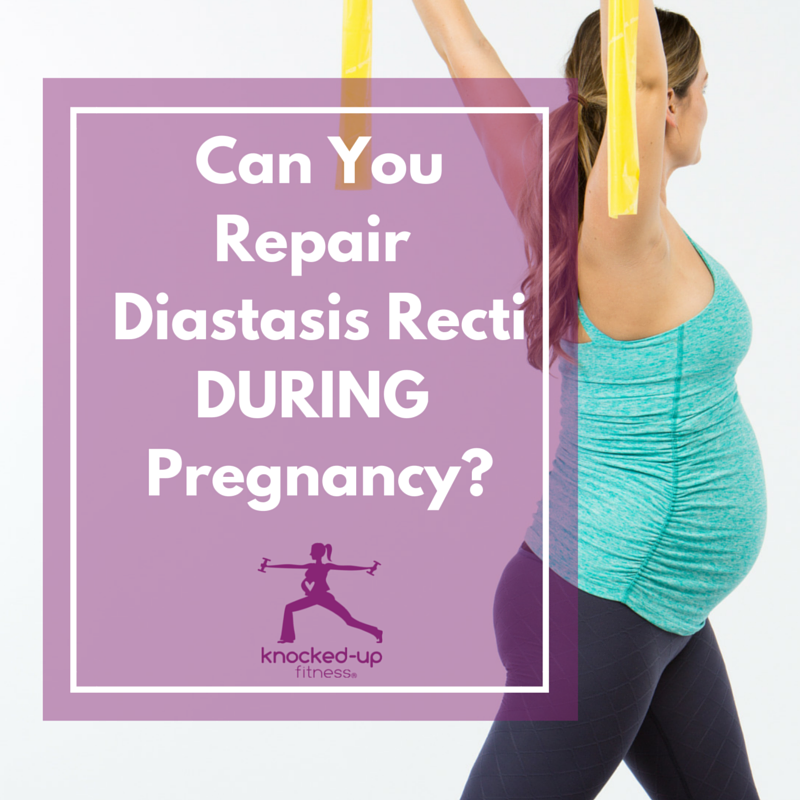
Sex during pregnancy | Articles by EMC clinic doctors about diseases, diagnosis and treatment
Author: obstetrician-gynecologist Viktoria Shpachenko
Subscribe to our Instagram! Useful information about pregnancy and childbirth from leading obstetricians and gynecologists in Moscow and foreign experts: https://www.instagram.com/roddompravda/ Advice and opinions from leading children's specialists: https://www.instagram.com/emc.child/ nine0002 Sex is one of the main components of a strong relationship in a couple. When there is no child, a man and a woman live in their own pleasure and intimacy usually attaches great importance.With the onset of pregnancy, in couples, sex often fades into the background. Mostly the initiators of this are women. Why?
-
A woman worries if intimate life will interfere with the development of the fetus. The most common questions of patients to gynecologists are: “Will the baby suffer?”, “Will sex provoke a miscarriage?”, “Will there be complications?”.
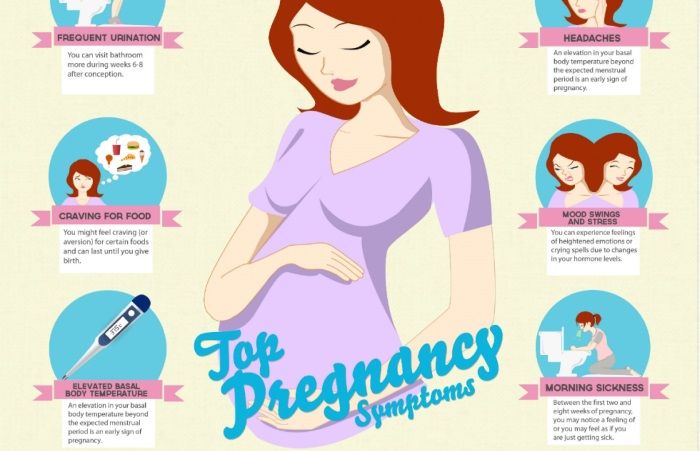 nine0005
nine0005 -
A woman does not feel well during pregnancy.
-
No desire.
Obstetrician-gynecologist Viktoria Shpachenko helped to sort out these issues.
In a normal physiological pregnancy, intimacy is not dangerous. The fetus is securely protected in the mother's tummy, so it cannot be harmed during sex. Intimate life does not provoke a missed pregnancy. This is usually caused by a chromosomal pathology or hereditary thrombophilia. nine0005
Contraindications
However, there are a number of contraindications in which it is better to abstain from sex. Among absolute:
-
bleeding at any time;
-
placenta previa;
-
isthmic-cervical insufficiency.
Relative contraindications include inflammatory diseases. With such diseases, the vaginal mucosa is especially vulnerable. Even the most harmless bacteria can provoke the development of an infection that is dangerous not only for the mother, but also for the baby.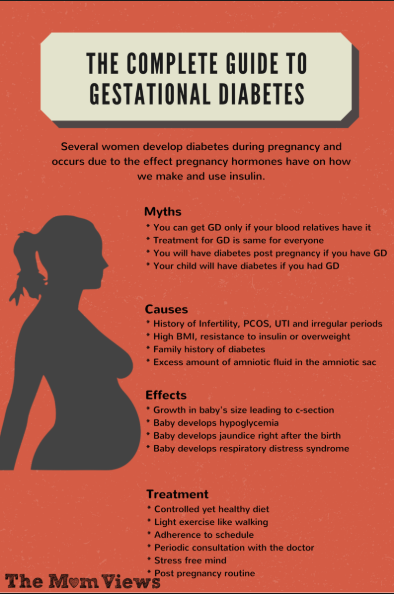 Therefore, it is better to postpone sex until recovery. nine0005
Therefore, it is better to postpone sex until recovery. nine0005
Feeling unwell
Indeed, during pregnancy, a woman can often feel unwell. Toxicosis or just a general malaise. Of course, in such cases, intimacy should be postponed until the condition normalizes.
Lack of desire
Lack of desire is a fairly common occurrence in a woman during pregnancy due to hormonal changes. Especially in the first trimester. In the second trimester, on the contrary, desire may intensify. During this period, especially a lot of progesterone is released in the body, the woman becomes more sensitive, and orgasms become brighter. In the third trimester, the expectant mother greatly increases her stomach, shortness of breath appears. Sex during this period can be uncomfortable and not cause desire. But, of course, every woman is unique. And it is impossible to predict how pregnancy will affect her body and attraction to a partner. nine0005
Therefore, there are no arguments in favor of not having sex from a medical point of view.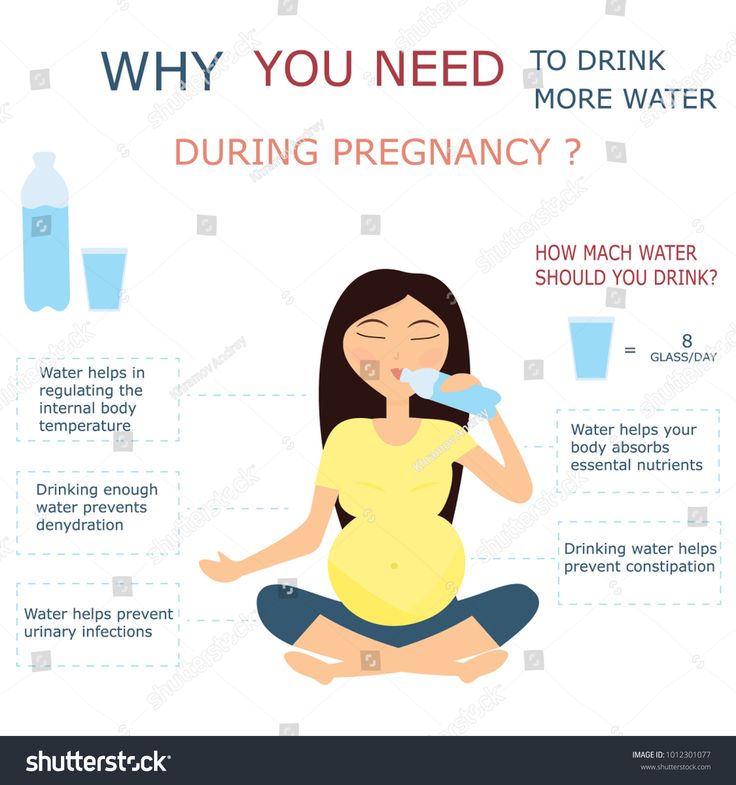 Moreover, sex during pregnancy is even beneficial.
Moreover, sex during pregnancy is even beneficial.
Firstly, it improves blood flow, and secondly, it gives the expectant mother positive emotions. Both are good for the baby.
How to explain to a partner if you don't want sex?
Another common question for pregnant women.
Pregnancy doesn't change anything for a man. He still needs female care, affection, wants intimacy with his woman, and it is not easy for him to understand the refusal. nine0005
If intimacy is contraindicated for medical reasons: do not forget that sex includes gentle touches, caresses, kisses, flirting. Talk to your partner about what you and he would like. It is quite possible that you will find exactly the form of intimacy that will bring pleasure to both of you and will be safe for the baby.
If you don't feel like having sex because you don't feel well or because of hormonal changes, explain to the man that this refusal is temporary. For 9months of bearing a baby, your well-being will certainly change many times.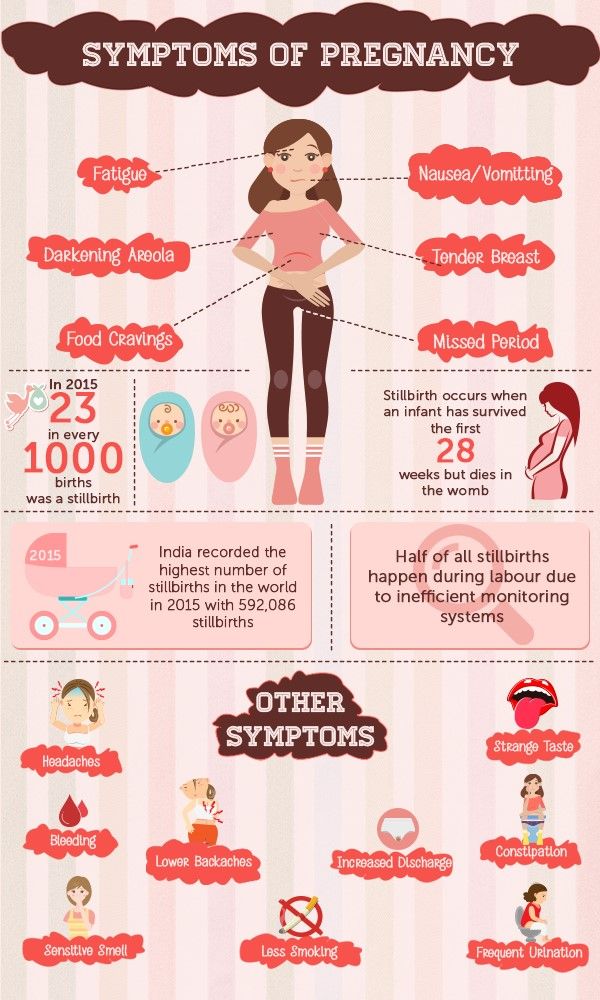 Therefore, there will certainly be periods when you can give your spouse the affection that he wants. And, of course, do not forget about taking care of him and attention to yourself. A man is very pleased when a well-groomed, beautiful and self-confident woman is next to him.
Therefore, there will certainly be periods when you can give your spouse the affection that he wants. And, of course, do not forget about taking care of him and attention to yourself. A man is very pleased when a well-groomed, beautiful and self-confident woman is next to him.
Sex during pregnancy
Does sex life change during pregnancy?
Of course. And these changes are strictly individual. While some women may enjoy their sexuality during pregnancy, others may experience a complete lack of sexual desire throughout the entire 9months. It matters how the pregnancy proceeds, whether there are any complications that prevent a full sexual life. The psychological attitudes of partners regarding sexual life during pregnancy also affect.
Each trimester has its own characteristics that affect the sexual life of a couple.
First trimester
For many women, sexual desire decreases in the first trimester of pregnancy.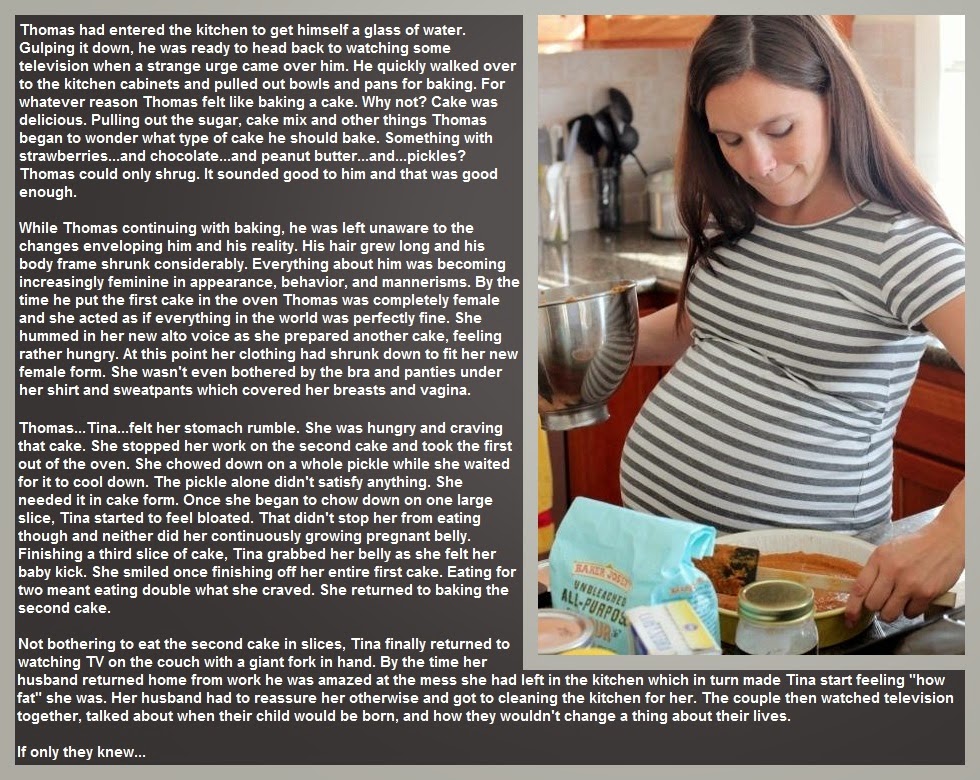 There is malaise, fatigue, drowsiness, nausea, vomiting, engorgement and soreness of the mammary glands, which, of course, does not contribute to an active sex life. nine0005
There is malaise, fatigue, drowsiness, nausea, vomiting, engorgement and soreness of the mammary glands, which, of course, does not contribute to an active sex life. nine0005
Second trimester
In the second trimester, the malaise, characteristic of early pregnancy, disappears. Significantly reduces the risk of miscarriage (most pregnancy losses occur in the first trimester). Most women during this period feel great, look good. Some couples note that their sex life during this period becomes more active than ever.
Third trimester
In the third trimester, there is a significant increase in body weight, heartburn, dyspepsia, and fatigue may appear. Therefore, the sexual activity of a woman is reduced. In addition, the presence of an already tangible child confuses many couples, creates the presence of "someone else in the room", which often stops many men.
Benefits
Sexual life during pregnancy helps the expectant mother to feel attractive, desirable, to feel an emotional connection with a partner. Therefore, sexual activity during pregnancy has obvious psychological benefits. nine0005
Therefore, sexual activity during pregnancy has obvious psychological benefits. nine0005
In some cases, you should abstain from sexual activity during pregnancy. These include:
- Cases of miscarriage in previous pregnancies (miscarriages, premature births)
- Threatened termination of this pregnancy (e.g. increased uterine tone or short cervix)
- Unexplained vaginal bleeding
- Pain during intercourse
- Placenta previa (a condition in which the placenta lies low, covering the cervix)
- Multiple pregnancy (twins, triplets, etc.)
- In the presence of sexually transmitted infections, it is recommended to use a condom
Talk to your doctor, because feeling good doesn't always mean you don't have pregnancy complications.
Can sexual activity harm a child?
One of the most common reasons couples cut back on their sex life during pregnancy is the fear that they will harm the baby. The baby is surrounded and softened by amniotic fluid, the muscular layer of the uterus, the cervix, which also has a mucous plug. nine0005
The baby is surrounded and softened by amniotic fluid, the muscular layer of the uterus, the cervix, which also has a mucous plug. nine0005
Is it normal not to feel sexual desire during pregnancy?
Yes, it could be. Sexual desire in some women is biologically determined, so when the goal (pregnancy) is achieved, some women do not experience sexual desire.
Why do secretions appear from the mammary glands during sexual intercourse?
During pregnancy, the mammary gland prepares to feed the baby in advance; from about the third month of pregnancy, the production of colostrum (thick yellowish liquid) begins. nine0005
During sexual arousal, the hormone oxytocin is released. This is the same hormone that is released when you breastfeed your baby. The “love hormone”, which is responsible for sexual desire, also ensures the production of milk. Therefore, it is quite natural that a small amount of colostrum can be released during sexual intercourse.